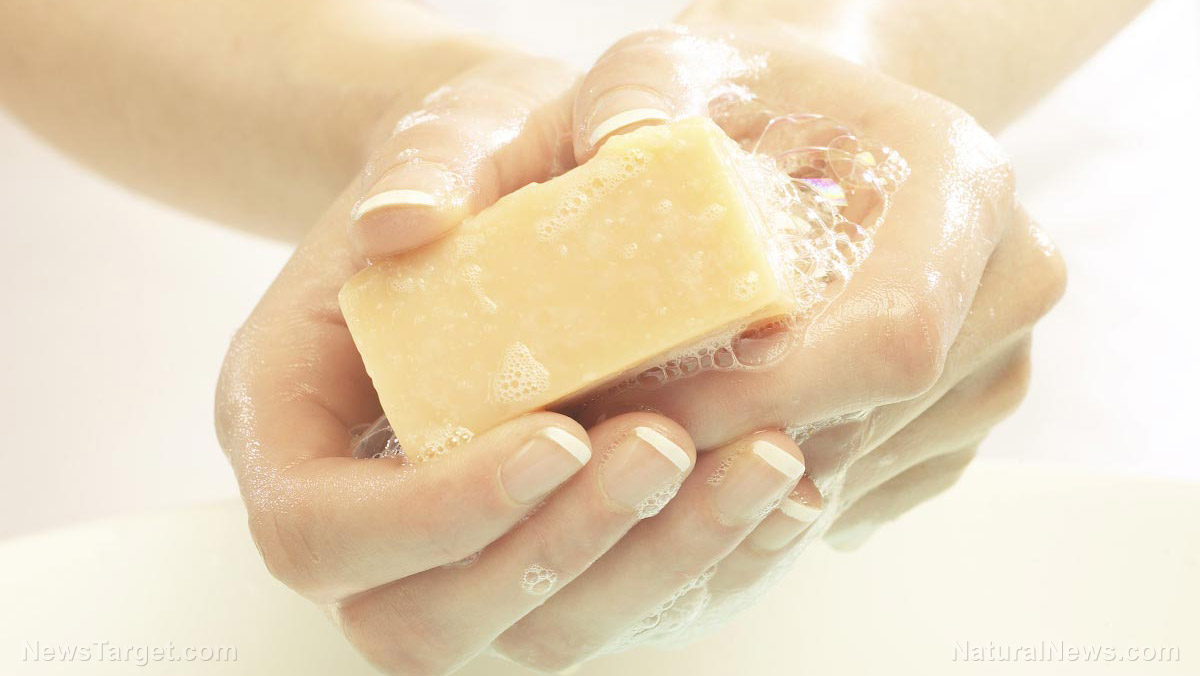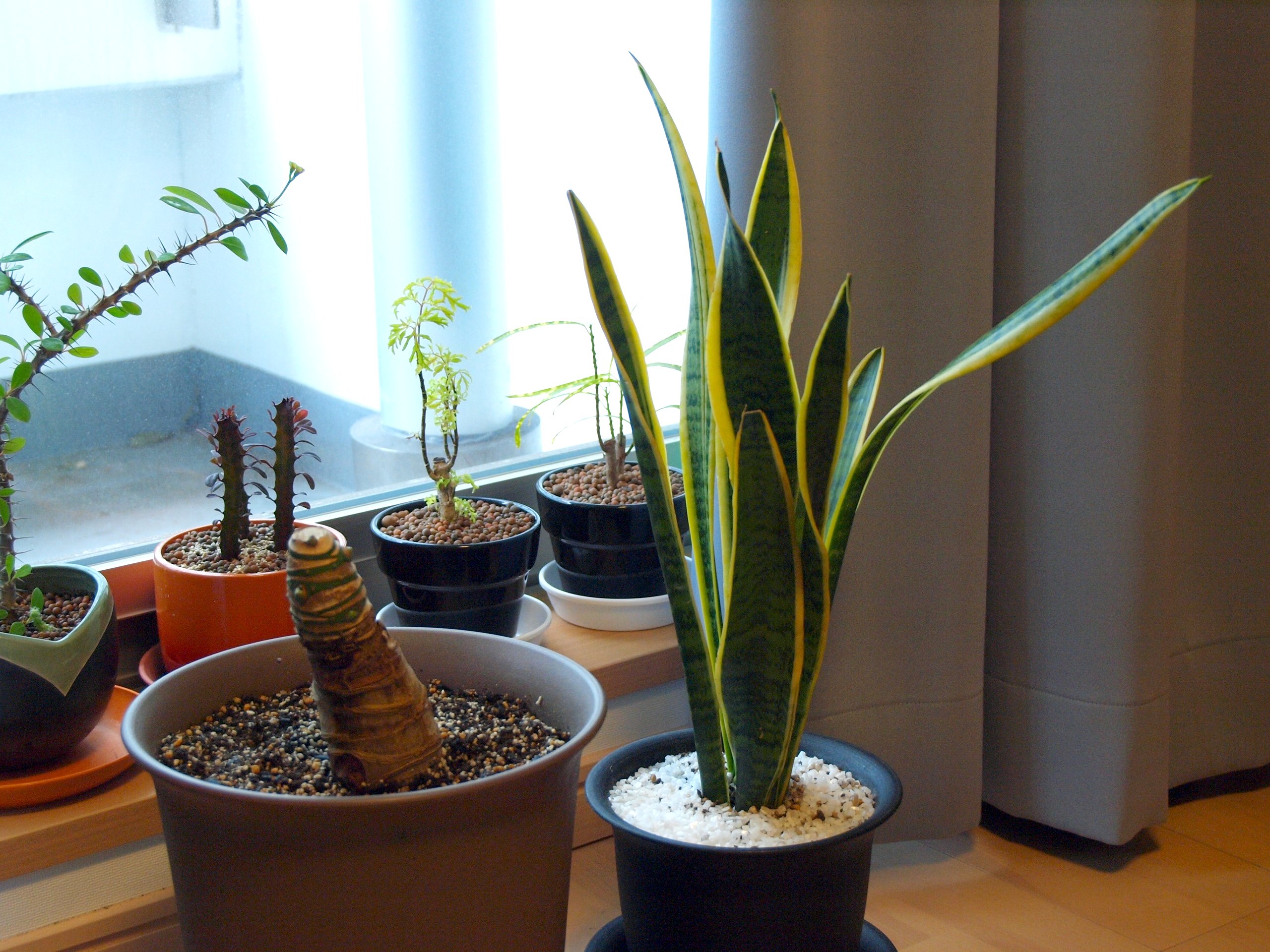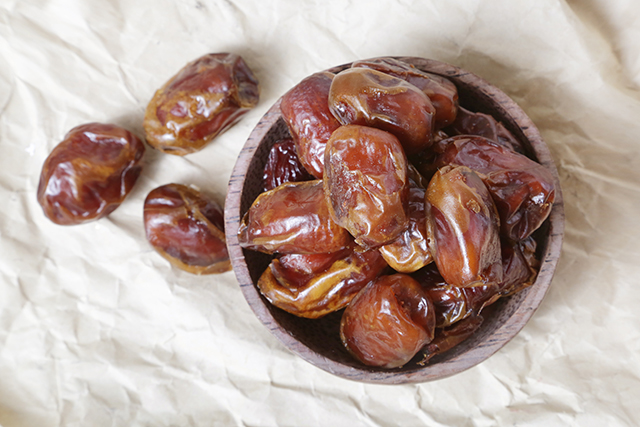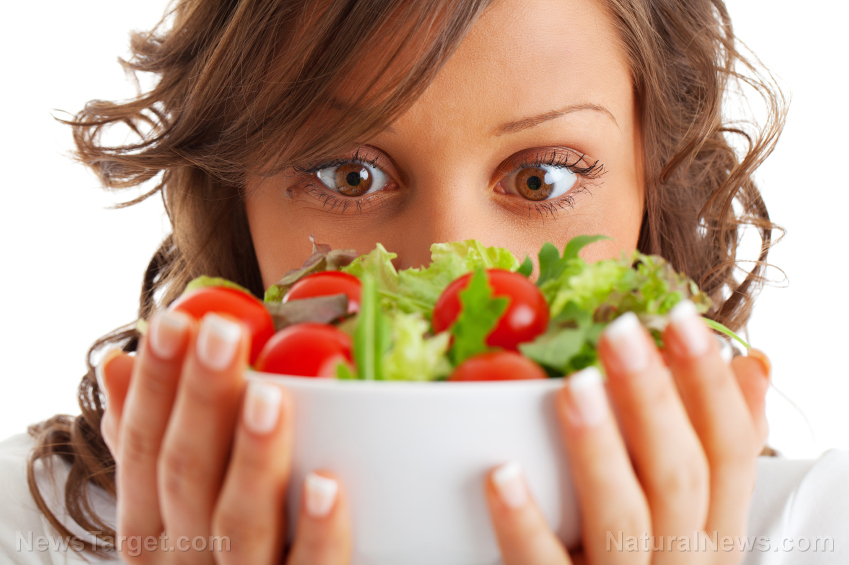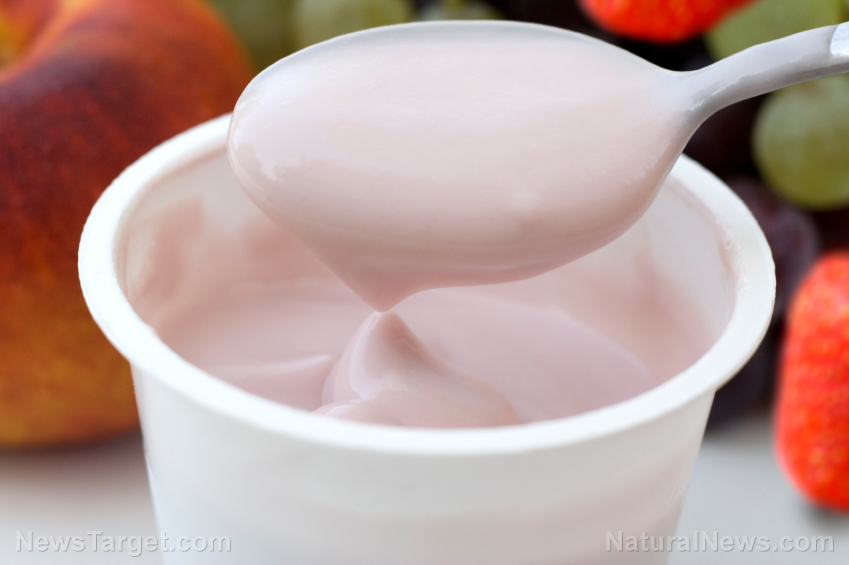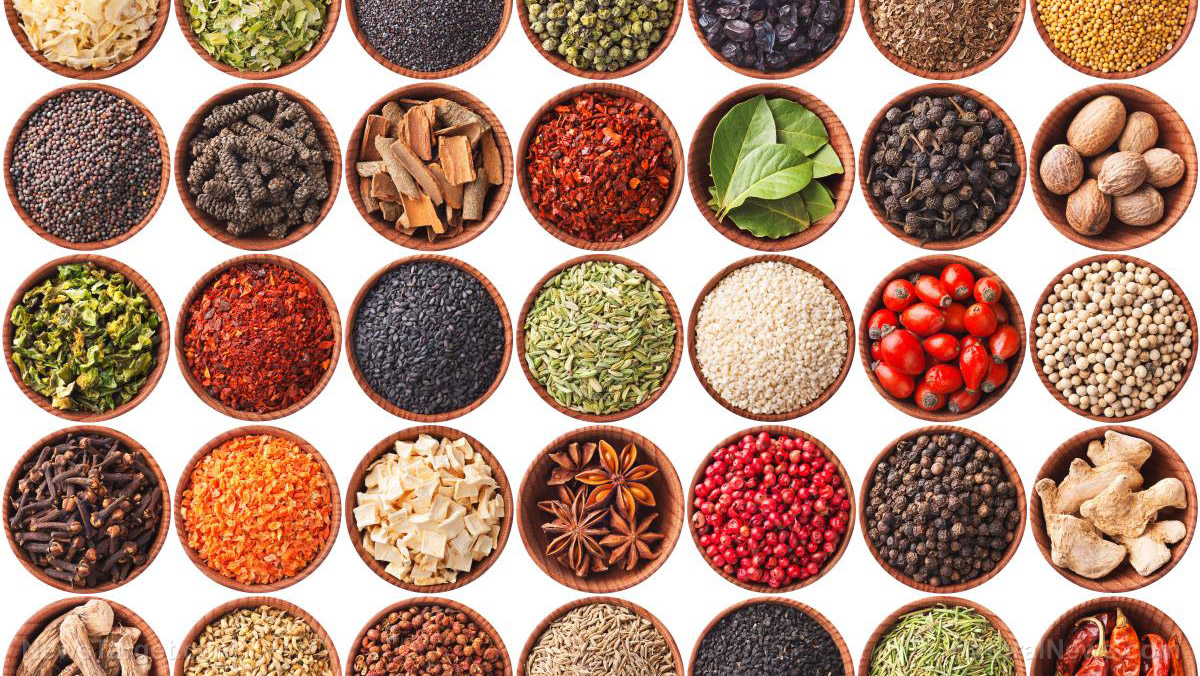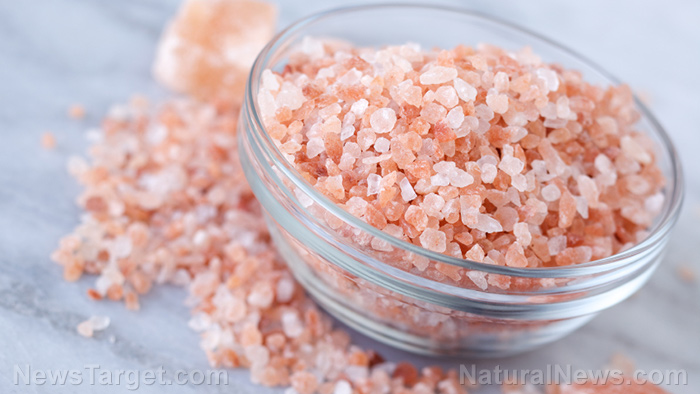Amino acid found to improve birth outcomes for women with malaria during pregnancy
09/21/2018 / By Jessica Dolores

Pregnancy is a crucial part of a woman’s life. It’s the stage where she nurture a new life whose every breath depends on her. Lucky is the woman who breezes through the nine months of her pregnancy and can look forward to a safe delivery and a healthy baby. Others, however, catch diseases which can endanger the mother and her unborn child.
The good news is scientists have recently found an amino acid that not only prevents malaria from putting 125 million pregnancies at risk each year, but spares women from developing problems that hinder a safe delivery, like pre-eclampsia.
That amino acid is L-arginine.
In their paper “Malaria in pregnancy alters L-arginine bioavailability and placental vascular development,” University of Toronto researchers revealed that pregnant Malawian women who suffered from malaria had altered levels of L-arginine, which was linked to poor birth outcomes. L-arginine is an amino acid that enhances blood flow and circulation and is usually found in eggs, meat and dairy.
A separate experiment on malaria in pregnancy showed that giving pregnant mice L-arginine enhanced blood vessel development in the placenta. It also reduced the incidence of low birth weight/preterm birth and stillbirth.
The explanation for this is that the body converts L-arginine to nitric oxide, which is the key to normal placental blood vessel development and healthy birth. A woman who gives birth has 250 km of blood vessels in the placenta, which supplies oxygen and nutrients to her fast-growing baby. (Related: Amino acid L-arginine vital for fighting, preventing infections.)
Here are rich food sources of L-arginine pregnant women can take for a safe delivery and a healthy baby.
- Turkey — Turkey breast contains the highest amount of arginine. One cooked breast alone has 16 grams of this important amino acid. Turkey is not only a good source of protein, it is also rich in B vitamins and omega-3 fatty acids.
- Pork loin — This high-protein food is a close second to turkey in arginine content. One rib alone has 14 grams of arginine. Pork loin also has less fat.
- Chicken — Chicken ranks third as a source of arginine. One chicken breast provides 70 percent of your daily recommendation for protein and contains almost nine grams of arginine.
- Pumpkin seeds — Animals are not the only sources of arginine and protein. One cup of pumpkin seeds has almost seven grams of these nutrients. Pumpkin seeds also supply the minerals iron and zinc.
- Soybeans — One cup of roasted soybeans contains 4.6 grams of arginine. Soybeans are also rich in potassium and magnesium.
- Peanuts — One cup yields 4.6 grams of arginine. It’s not advisable to finish the whole cup in one sitting because the nuts are rich in fat. Try taking it a few quarter cups at a time. Nuts are also good sources of vitamins B3 and E, folate, and niacin.
- Spirulina — This blue-green algae from the sea is often bought in powder form and used to give smoothies that extra dose of nutrients. One cup contains 4.6 grams of arginine, plus huge amounts of calcium, iron, potassium, and niacin.
- Dairy — Milk, cheese and yogurt are your best bets. A cup of milk has around 0.2 grams of arginine. Four ounces of cheddar cheese contains around 0.25 grams of arginine.
- Chickpeas — Chickpeas, or garbanzo beans, are rich in protein and fiber, especially for non-meat eaters. A cup of cooked chickpeas has 1.3 grams of arginine, 14.5 grams of protein, and 12.5 grams of fiber.
- Lentils — This nutritious legume is rich in fiber and protein. Lentils contain around 1.3 grams of per cups of arginine. It also provides as much as 63 percent of your daily dietary fiber requirement.
Pregnancy is a privilege and a responsibility. It’s a stage in life that can give expectant moms a lot of joy and excitement. They key is in eating and sleeping well, and getting the right amount of exercise. Add a huge dose of positive vibes, and a would-be mom is on her way to having the greatest adventure in her life.
Sources include:
Tagged Under: amino acid, babies, Birth defects, birth outcomes, childbirth, Infants, l-arginine, low birth weight, Malaria, newborns, nutrition, pregnancy, preterm birth, risky pregnancies, safe delivery, stillbirth, women's health


